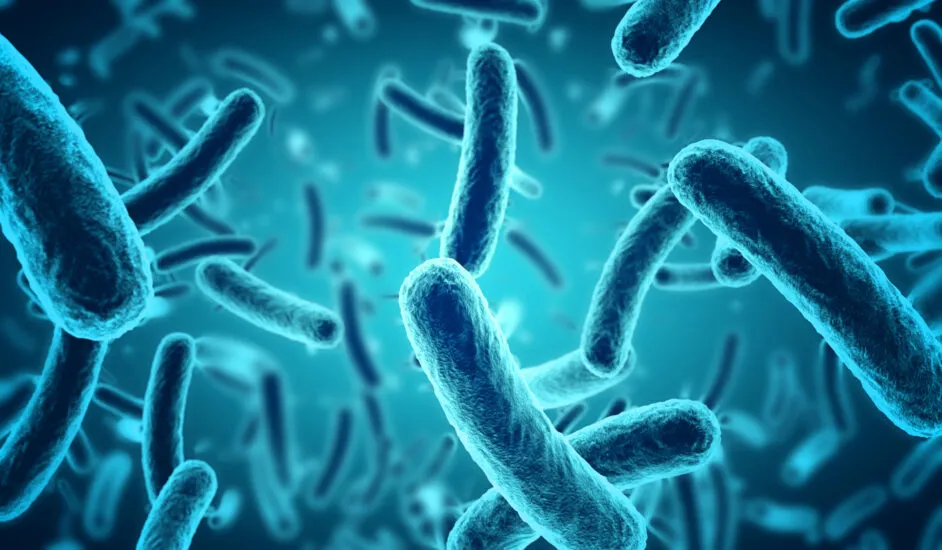High Levels of E Coli Found in 75 Percent of Chennai Homes
A recent study conducted by IIT Madras has revealed alarming levels of water contamination in Chennai homes. The survey found that 75% of households have water contaminated by E coli, a bacteria responsible for causing diarrhoea, vomiting, and other waterborne diseases. This contamination includes homes that use water treatment systems, highlighting the need for greater awareness and better water management practices.
Chennai’s Water Contamination Issue
The research, part of the People's Water Data initiative, sheds light on a pressing issue in Chennai's households. E coli contamination is often caused by faecal matter seeping into water sources, leading to potential health hazards. The study involved 752 households across Chennai, with samples taken from various sources, including taps, borewells, and other common water points. The findings show that contaminated taps, unclean sinks, and poorly maintained water containers are common sources of the bacteria.
Even homes with water purifiers were not immune to the contamination, as improper maintenance and inappropriate usage of water treatment systems played a role in allowing bacteria to thrive. This emphasizes the importance of following guidelines provided by water purifier manufacturers and adopting better hygiene practices.
Expert Insights on Water Quality
Suzan Kagan from Tel Aviv University, one of the coordinators of the water quality programme at IIT Madras, highlighted the gaps in water treatment practices. Despite the use of advanced water purifiers, many Chennai residents continue to face risks from waterborne diseases due to poor maintenance and handling of purification systems. Kagan works in collaboration with professors Mamane and Fishman from Tel Aviv University, alongside Professor Pradeep from IIT Madras.
Professor T. Pradeep, one of the leading instructors of the programme, stated that the situation does not call for new technologies, but rather for increased awareness and proper water handling techniques. He explained that water contamination is not just a technological issue but a matter of improving household practices. Ensuring that water containers are airtight, clean, and kept away from direct sunlight can significantly reduce contamination risks.
Children Are Most Vulnerable to Unsafe Water
The study found that young children are particularly vulnerable to the effects of contaminated water. Among the affected households, many have children who are exposed to unsafe drinking water daily. The report also revealed that 58% of children under the age of five drink water directly from taps, which are often the source of E coli contamination.
The survey further pointed out that 15% of households rely on water treatment systems for their drinking water. Those who use these systems tend to have a better perception of water quality, with 73% of them rating the water as good, compared to only 31% of households without treatment systems.
Drinking Water Habits in Chennai
The findings also shed light on the drinking water habits of Chennai residents. According to the study, 48% of households in the city source their drinking water directly from taps, while 33% rely on treated and filtered water systems. Despite the growing use of treatment systems, the contamination levels suggest that many households are not fully protected from harmful bacteria.
These numbers suggest that while some progress has been made in ensuring access to treated water, much more needs to be done to address water quality issues. The presence of E coli in such a large percentage of households highlights the need for better infrastructure and public awareness campaigns to promote safe water practices.
Key Tips for Safe Drinking Water
To reduce the risks of water contamination, experts recommend several key practices that every household can follow. These include regularly cleaning and maintaining water purifiers according to manufacturer instructions, ensuring that water containers are airtight, and storing them in places that are not exposed to direct sunlight. Regular cleaning of taps and sinks is also crucial to preventing the growth of bacteria like E coli.
Raising awareness about these practices is essential to ensure that more households take preventive measures to safeguard their drinking water. As Chennai continues to face water contamination challenges, adopting these simple but effective habits can make a significant difference in reducing health risks.
The IIT Madras study serves as a wake-up call for Chennai residents about the dangers of water contamination, particularly in households that rely on untreated tap water. With 75% of homes showing the presence of E coli, it is clear that more needs to be done to address water safety in the city. While technology can play a role, experts emphasize that proper maintenance, hygiene, and public awareness are crucial to ensuring clean drinking water for all.

COMMENTS (0)
Sign in to join the conversation
LOGIN TO COMMENT